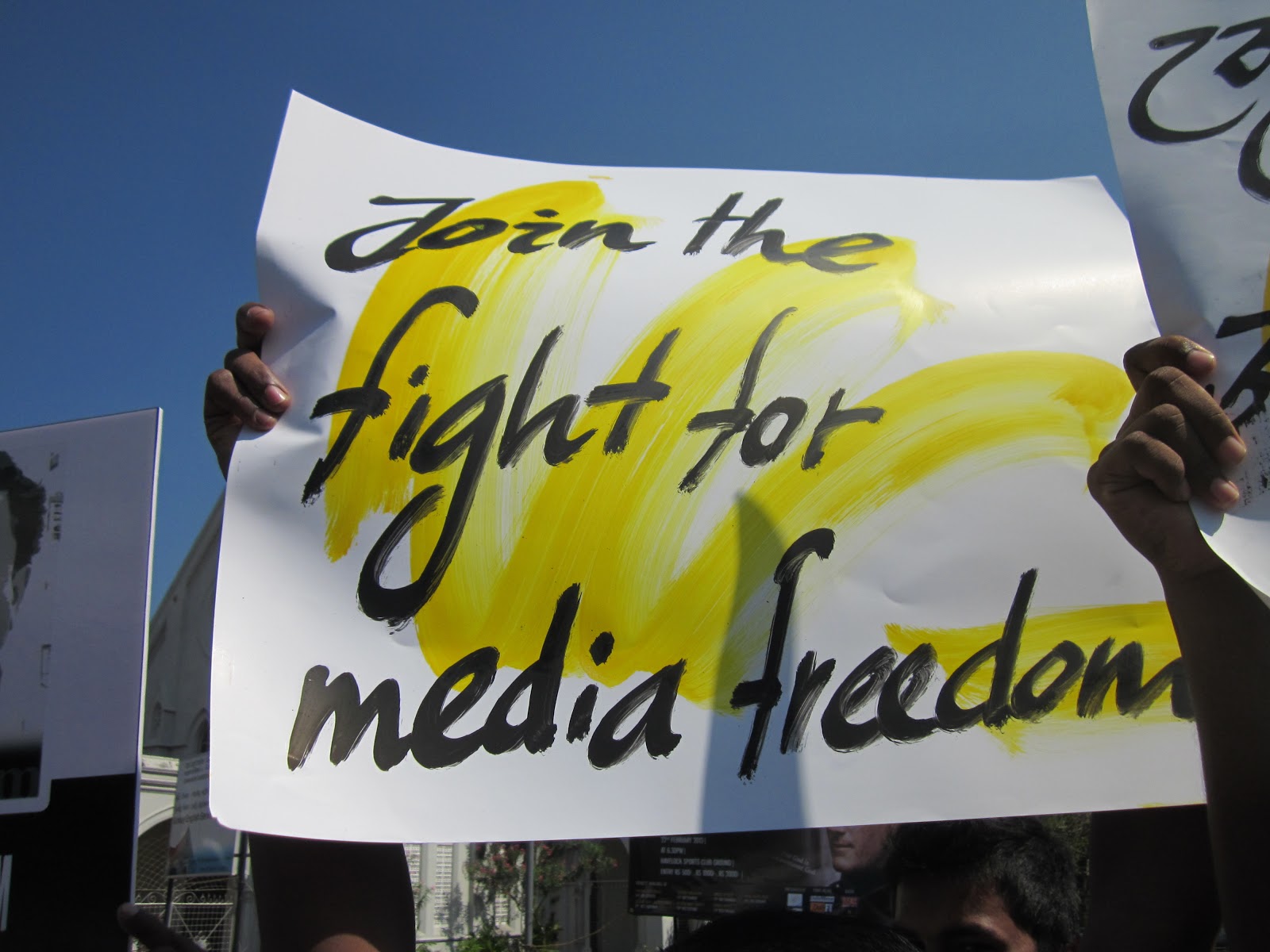The Sri Lanka Chapter of the South Asian Free Media Association welcomes moves to curb abuse of internet social media but warns that State interference may only open new ways to suppress freedom of expression. We say: let the industry self-regulate social media.
SAFMA Sri Lanka is alarmed at the continued use of internet social media networks to spread ethnic hatred. The recent anti-Muslim violence in the country was accompanied by the rampant use of such social media sites as Face Book, What’s App and Instagram to spread anti-Muslim suspicions and hatred. Social media are similarly used to spread hatred and suspicion of other ethnic groups as well. Internet social media are also used to spread false information to mislead and incite the public to commit acts of violence against targeted social groups.
This racist propaganda often espouses social attitudes of ethnic dominance and elite ethnic privilege that subvert the nation’s assurance of equality and justice to all its citizens.
The continued use of social media sites to spread ethnic hatred, supremacist attitudes and, incite communal violence urgently requires redress in the form of regulation of such internet sites to prevent future such socially destabilisation communication usage. SAFMA-SL supports action for such regulation and calls on the internet industry and web professionals to take responsibility for such regulation, with government facilitation.
SAFMA Sri Lanka points out the poor record of governments in attempting to control communication content by means of sustained censorship of content either through Emergency powers or through such mechanisms as the Censor Board and Press Council. These powers and mechanisms have been flagrantly and repeatedly abused by successive regimes in the past to suppress dissent and illegitimately sustain their tenure in power.
While welcoming current moves to swiftly introduce regulation of social media content, SAFMA Sri Lanka insists that the government should only perform a facilitating role in enabling the stakeholders of the internet industry, both service providers and content producers, in establishing mechanisms of industry self-regulation.
While the regulating cyber architecture may require support by the Telecommunications Regulatory Commission, we urge that the oversight body for the regulatory mechanisms provides for adequate industry and professional representation to ensure that this architecture is not manipulated by government or other political interests.
SAFMA Sri Lanka reminds the government and the general public of the continued burning need for all such controls over freedom of expression to be placed under a publicly appointed body that is autonomous of government control.
-Statement by South Asian Free Media Association – Sri Lanka Chapter.
